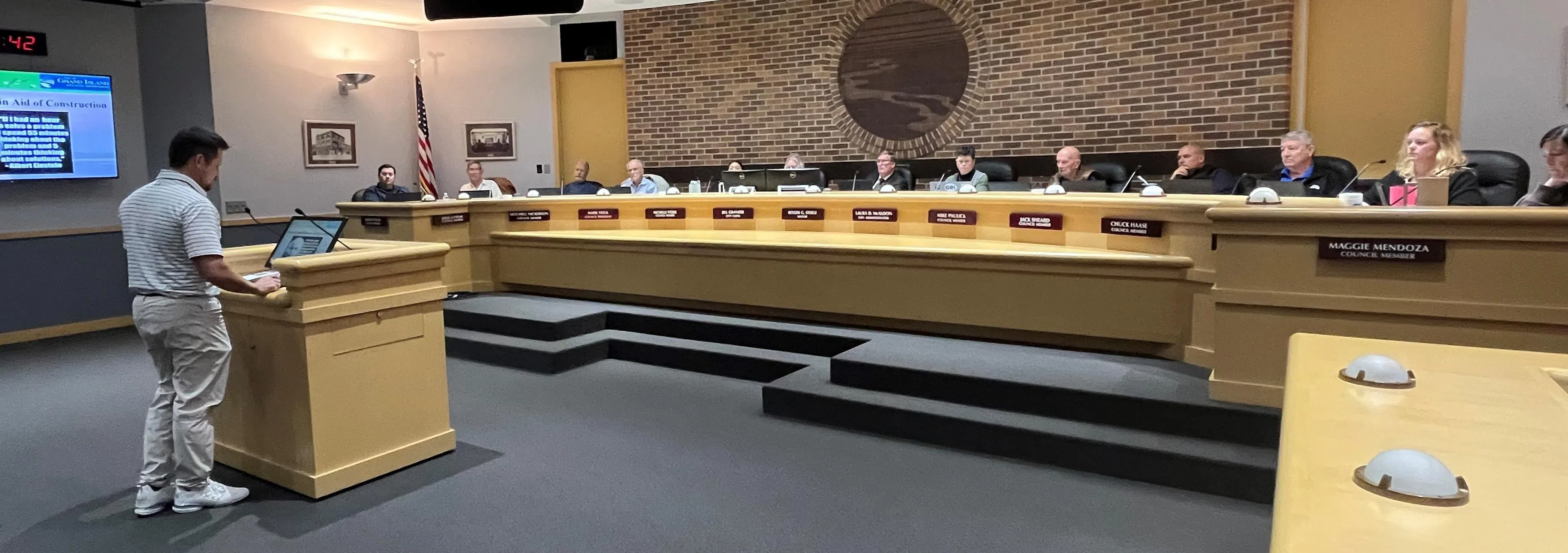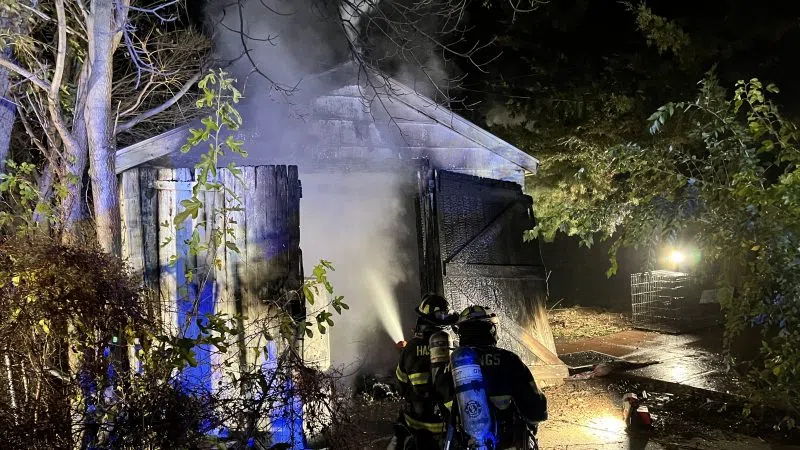GRAND ISLAND – In a typical residential or commercial development, the developer is responsible for 100 percent of the cost to extend and construct water, sewer, streets, and drainage infrastructure, Utilities Director Ryan Schmitz told the Grand Island City Council Nov. 19.
On the other hand, the city of Grand Island carries the cost to extend the electrical infrastructure.
The city began working with JK Energy Consulting to do a more formal investigation into how Nebraska utilities were handling costs statewide and also to develop a fair mechanism of reimbursement based on Grand Island’s actual costs, Schmitz wrote in a memo to City Council.
Nebraska is the nation’s only “all public power state. JK Energy Consulting found that nearly every electric utility in the state, except for Hastings and a handful of other small municipalities, were requiring a contribution in aid of construction from developers for electrical service based on an acceptable payback period.
“In these unprecedented times, where electric infrastructure costs have increased fourfold in the last four years, it is imperative that we, as a city, adjust our processes to allow for the same protective mechanisms others in our industry are utilizing,” Schmitz wrote.
Schmitz wrote that the consulting company’s final report includes the following recommendations: $1,300 contribution per lot for residential construction and for commercial construction, all installation costs in excess of 2.5 times the estimated gross annual revenue.
“The contributions noted would provide a more reasonable payback period, compared to the costs involved, yet also place Grand Island’s customer cost share amounts as one of the lowest in the state of Nebraska,” Schmitz wrote.
In the last three years, $13.5 million was spent on electrical infrastructure just for the expansion of the distribution system to accommodate new residential and commercial customers, Schmitz wrote in a slide presentation.
“Every $660,000 spent is the equivalent of a 1 percent increase in retail rates. 6.6 percent of our retail revenue in the last three years has gone to new residential and commercial development projects,” Schmitz wrote.
“Just the Good Life District alone could require in excess of $10 million dollars in electrical infrastructure costs to complete based on preliminary concepts,” Schmitz wrote.
In a chart in Schmitz’s slide presentation, it showed that the payback on residential developments ranges from 12.8 years to 16.1 years. For commercial development, the payback time ranges from 2.4 years to 8.1 years.
Schmitz wrote that Tax Increment Financing, the Good Life District Occupational Tax, and LB840 funding all allow for electrical utility costs to be covered.
Council member Chuck Haase was concerned because the Good Life District would drive rate increases.
Council member Doug Lanfear wants to collect the costs immediately.
Council member Mark Stelk noted that there is a lot of residential and commercial growth going on.
“I support you,” Stelk told Schmitz.
Council member Jack Sheard wondered if Grand Island had a competitive advantage to attract new businesses because of the current payment structure. Under the current structure, the answer to that question would be yes.
Schmitz said he wanted to inform the City Council about the situation of electric utilities. The City Council took no action because it was an information item on the agenda.
In another matter, City Attorney Kari Fisk updated the City Council on negotiations with NorthWestern Natural Gas concerning proposed rate increases. The City Council had approved participation in negotiations with Alda, North Platte, and Kearney. The cities have retained a consultant to review the materials that NorthWestern has provided. The consultant is working with NorthWestern and the Public Service
Commission to review and advise on the proposals. Customers of NorthWestern impacted by an interim rate increase received notice in their October billing statement, Fisk wrote in a memo to the City Council. The deadline for an update on negotiations is in January.
The City Council approved VenuWorks at its Oct. 8 meeting as the manager of the Heartland Events Center. VenuWorks requested $100,000 for operation of the Heartland Events Center. The City Council voted 8-0 to approve the transfer from the Heartland Events Center/VenuWorks operating account. Council member Michelle Fitzke was absent from the Nov. 19 meeting.










